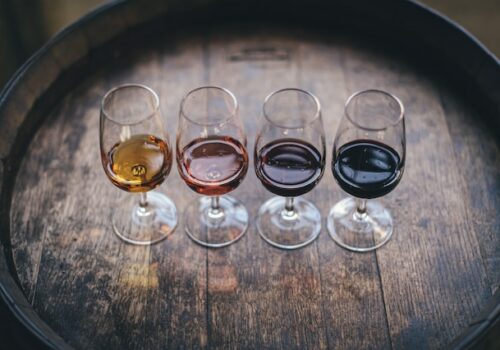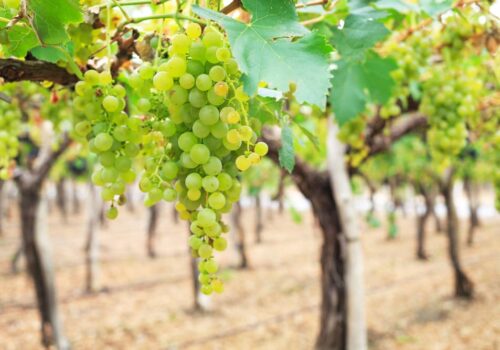How Wine Becomes Kosher
Individual approach to the production process and observance of the sacred rules of kashrut allow kosher wines to be placed on the top rung of the world wine-making. Thanks to their properties and the quality of the raw materials used, they have also won acclaim in Europe, in addition to Israel.
The high cost, due to the complexity of the production process, does not prevent true gourmets from enjoying the taste of this drink.
WHAT WINE IS CONSIDERED KOSHER
What is a wine with kosher status? “Kosher” in Hebrew means “fit for consumption.” It is a beverage, all the steps in the production of which are performed only by Jewish believers who observe the rules of kashrut. A set of regulations pertaining to the law of halacha determines the list of foods permitted to be consumed by Jews observing Shabbat (the seventh day of the week).
There are now five major regions of production in Israel:
Shomron;
Samson;
Negev;
Judean Hills;
Galilee.
The sub-region of the Dutch Heights, which is part of the Galilee, ranks first in the development of the viticulture industry in Israel. Leading in the volume of production is red wine. It accounts for 75%.
The kosher wine market has expanded far beyond Israel. American writer Jeff Morgan began producing the drink in California under the brand Covenant in 2003. The cabernet sauvignon wine produced has been praised by wine critics and holds good positions in prestigious wine rankings.
CONDITIONS AND PECULIARITIES OF KOSHER WINE PRODUCTION
The wine making process is complex and involves a number of stages:
cultivation of quality grape varieties;
grape harvesting;
treatment of berries (washing, separation of combs, steaming);
wort preparation;
fermentation process;
bottling of wine in processing containers.
A drink with kosher status has its own nuances at each of these stages. Grapes are mentioned many times in sacred Jewish sources, so the attitude towards its cultivation in Israel is special.
It is forbidden to plant other cultures on the territory where there are grapes. This prohibition refers first of all to cereals.
The picking of berries to produce wine that has kosher status takes place from Sunday to Friday. Only men are allowed to gather berries. The picking of berries is governed by the “Orlah” rule, which states that only vines over four years old may be used.
The “Schmita” rule states that every seventh year the land must rest. The berries can be used, for example, to make juice. Enterprising Jews sell the land for the use and disposal of unbelieving Jews and buy it back after one year.
The halakha law obliges the Jewish believer to separate a portion of the harvest (“Trumot and Maasrot”). The consumption of the product made from this “tithe” is forbidden. In ancient times it was given as a donation to the temple or to the poor.
The production process is controlled by the appropriate organizations, in some cases requiring the presence of a mashgiach (permanent overseer). The Chief Rabbinate of Israel has branches that oversee the production of kosher wine. In such cases, the eksher (quality mark) of “Rabbanut Arachit” is an indispensable attribute. Wine of the highest level of quality contains the designation “kasher lemeadrin”.
Jews who do not observe the Sabbath are not permitted to engage in the beverage-making process. Kashrut regulations do not permit the use of animal products or additives in the making of wine that has kosher status. A vegetable mineral, bentonite, is used to clarify the beverage. Bottling containers must be washed three times.
The halakha has its own requirements for bottling and consuming the beverage. Only a Jewish believer who observes Shabbos is allowed to uncork the bottles. Otherwise, the product would lose its kosherness. One may only consume from a glass. Glass and crystal are preferred.
If a wine with kosher status is poured into a non-kosher glass, it automatically loses its status. If the volume left in the bottle is 60 times or more the volume of the spilled drink, that drink will not lose its kosher status.




